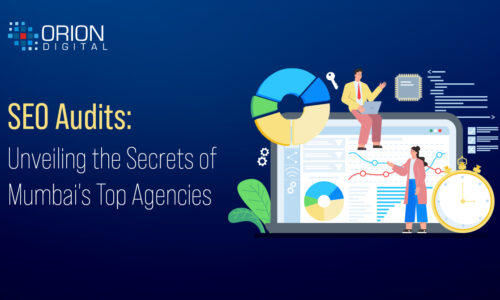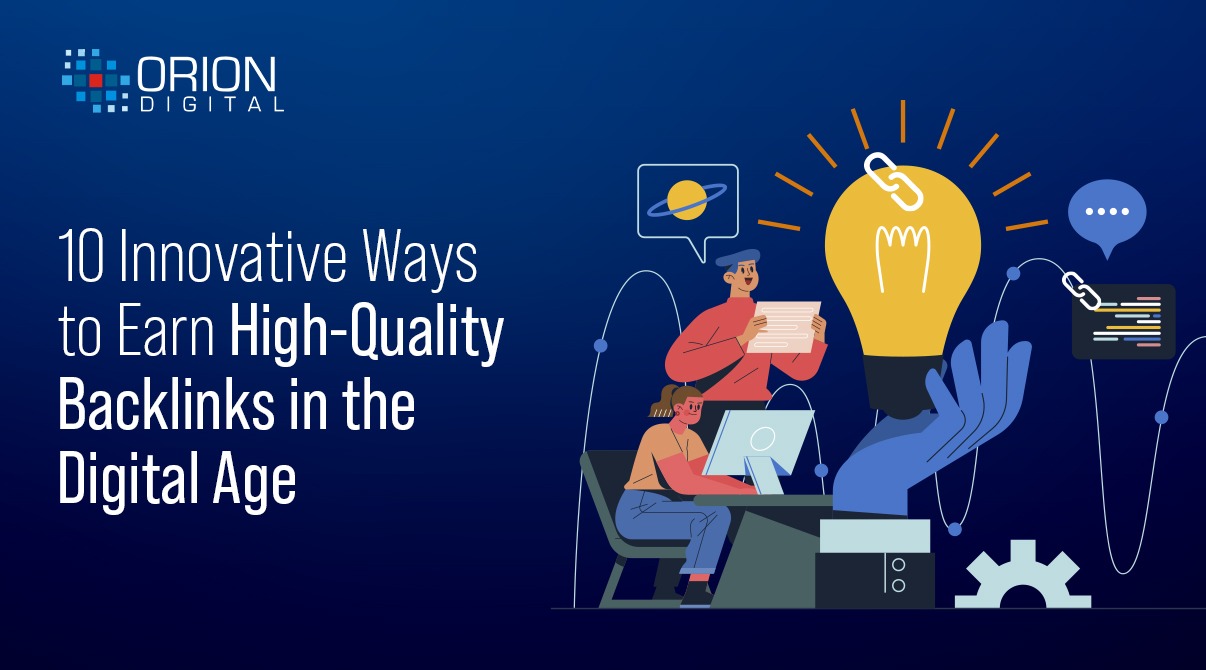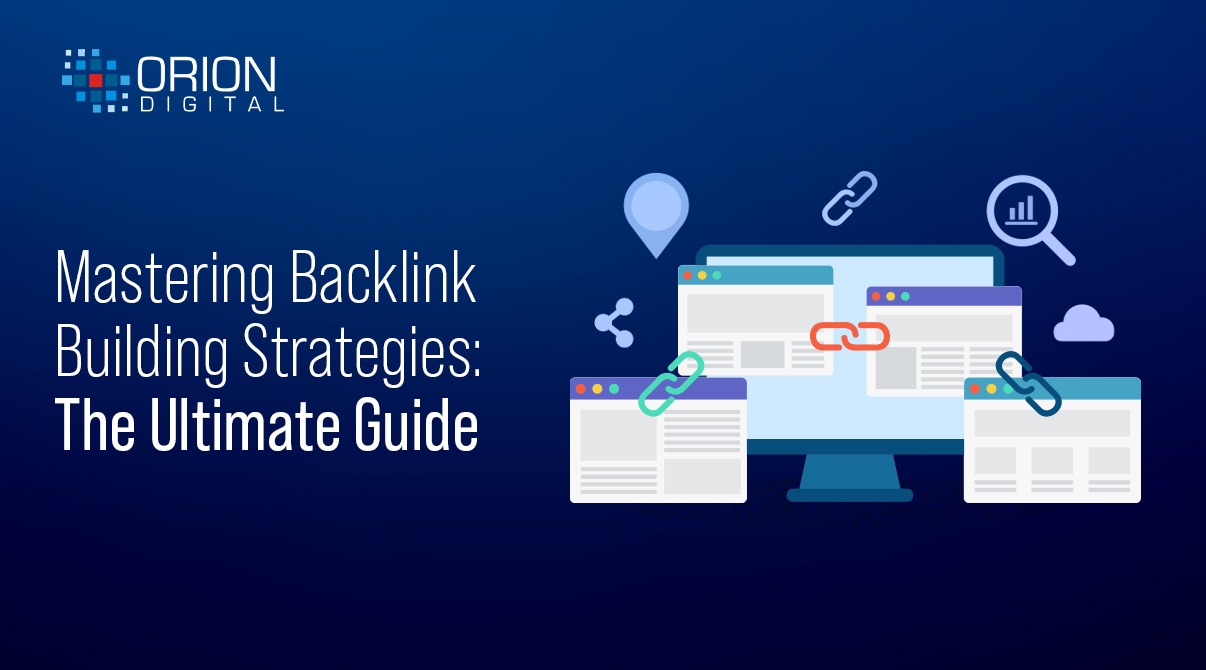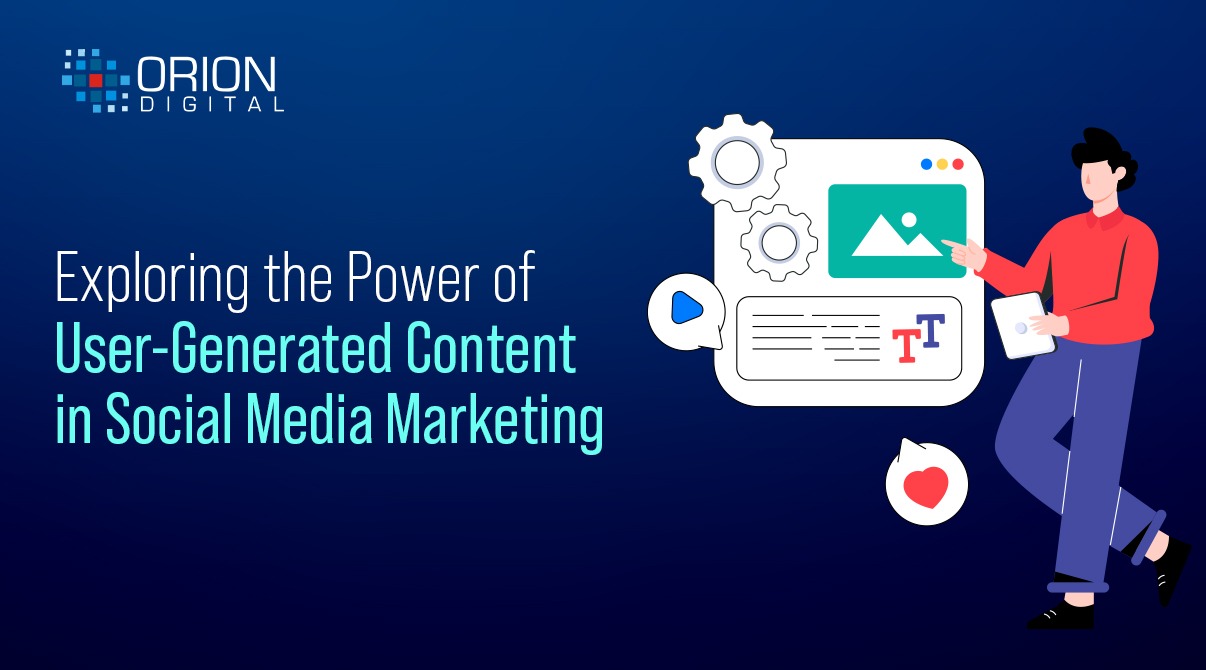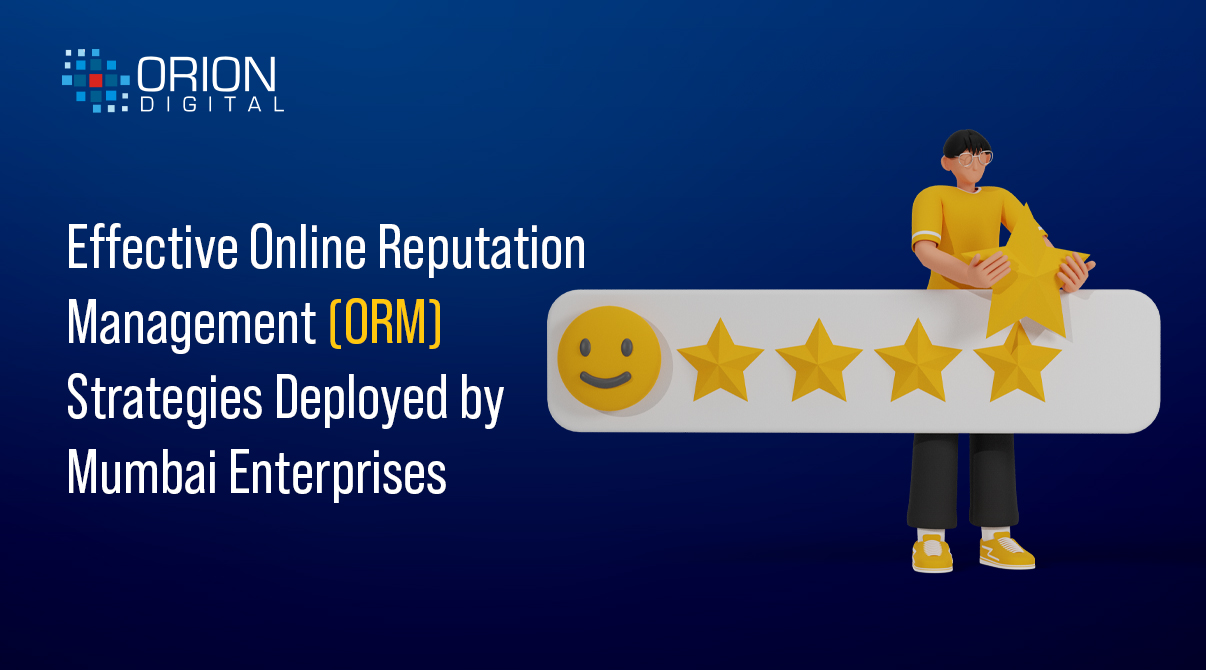
Effective Online Reputation Management (ORM) Strategies Deployed by Mumbai Enterprises
- admin
- October 17, 2023
- Digital Marketing
- Digital Marketing, ORM, Social Media
- 0 Comments
Introduction:
In today’s digitally connected world, a company’s online reputation is more critical than ever. With the prevalence of social media, review platforms, and instant access to information, a single negative comment or review can have a significant impact on a business’s image. This is where Online Reputation Management (ORM) comes into play. ORM involves monitoring and influencing a brand’s reputation online. Let’s delve into the strategies that enterprises employ to effectively manage their online reputation.
1. Proactive Monitoring and Listening
A. Advanced Social Media Monitoring
Enterprises invest in sophisticated tools and technologies for real-time social media monitoring. These tools track brand mentions, comments, and conversations across various platforms. This enables businesses to promptly respond to customer feedback and concerns, ultimately enhancing their online image.
B. Sentiment Analysis and Trend Identification
Sophisticated sentiment analysis helps enterprises gauge the sentiment behind online conversations. By identifying trends in customer sentiment, businesses can take proactive measures to address issues before they escalate.
2. Proactive Reputation Building
A. Content Marketing and Thought Leadership
Creating and promoting high-quality content not only establishes authority in the industry but also builds a positive online reputation. Enterprises focus on thought leadership content to showcase expertise and provide value to their audience.
B. Influencer Partnerships
Collaborating with influencers and thought leaders can have a significant impact on a brand’s online reputation. Enterprises carefully choose influencers who align with their brand values and message, leveraging their reach and credibility.
3. Customer Engagement and Feedback Management
A. Prompt and Personalized Customer Responses
Enterprises prioritize timely and personalized responses to customer feedback, both positive and negative. This demonstrates a commitment to customer satisfaction and helps mitigate potential reputation issues.
B. Encouraging and Managing Reviews
Enterprises employ strategies to encourage satisfied customers to leave positive reviews on platforms like Google, Zomaro, and industry-specific review sites. Additionally, they have systems in place to address and manage negative reviews constructively.
4. Crisis Management and Response
A. Proactive Crisis Management
Enterprises develop comprehensive crisis management plans to address potential reputation-threatening situations. This includes scenario planning, stakeholder communication strategies, and designated response teams.
B. Transparent Communication During Crises
In the event of a crisis, enterprises prioritize transparent and honest communication with stakeholders. Clear and timely updates help rebuild trust and demonstrate accountability.
5. Data-Driven Decision Making
A. Analytics and Reporting
Enterprises rely on robust analytics tools to track key ORM metrics. They measure sentiment trends, track online mentions, and monitor the impact of their reputation management efforts.
B. Continuous Improvement Through A/B Testing
By conducting A/B tests on various reputation management strategies, enterprises refine their approach over time. This iterative process ensures that ORM efforts are continuously optimized for maximum effectiveness.
6. Compliance with Privacy and Ethical Standards
A. Data Privacy and Compliance
Enterprises are vigilant about adhering to data privacy regulations. They implement robust data protection measures to safeguard customer information and maintain trust.
B. Ethical ORM Practices
Ethical ORM practices are crucial for long-term reputation management. Enterprises prioritize authenticity, transparency, and integrity in their interactions with customers and stakeholders.
Conclusion
Effective Online Reputation Management is dynamic and multifaceted, that requires a combination of proactive strategies, responsive engagement, and data-driven decision-making. Enterprises that prioritize ORM are better equipped to not only protect their brand image but also to foster a positive online presence that resonates with their target audience. By deploying these comprehensive strategies, businesses can not only navigate the complexities of the digital landscape but also thrive in it, ensuring a robust and enduring online reputation.
To Summarise
- ORM helps to understand the sentiment of the audience
- ORM helps to restructure campaigns
- With ORM one can engage with the audience directly
- ORM helps to stay connected with your TG even when there has not been a significant change in the campaign
